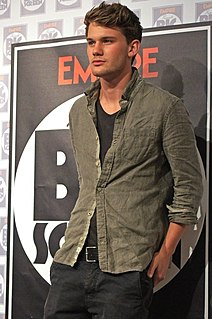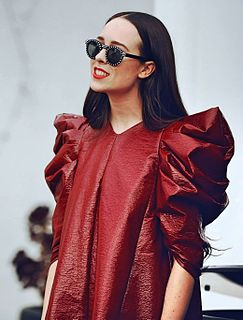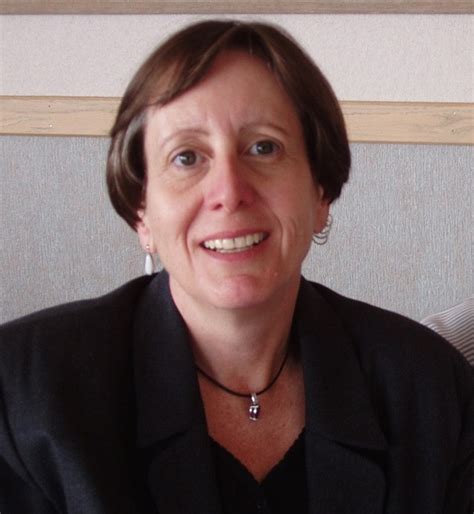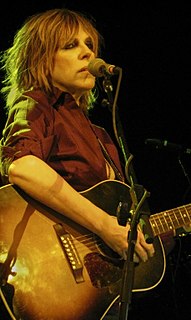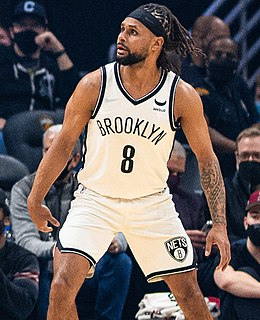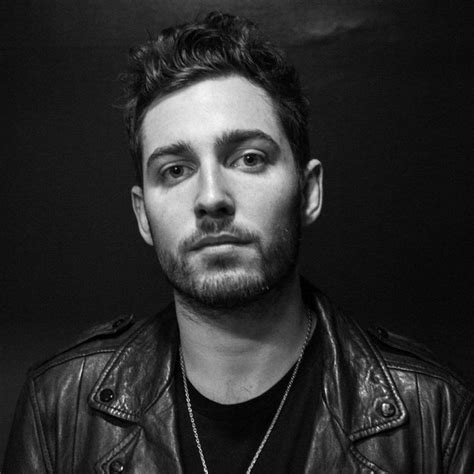A Quote by Jason Bateman
I've always felt bad that I never had more information to give people when they asked me about it, but I guess people kind of got frustrated by that and they just started kind of making up their own sort of "well, we haven't heard that much" or "news hasn't changed so it must be going away".
Related Quotes
I think I got into acting because I kind of had not much else to do! I guess I was kind of looking for something challenging. I heard about the London Theater scene and it was very different from the upbringing that I had and it felt like a challenge. And the whole sort of London Theater schools, I was told that 6,000 apply and there are like 30 accepted to each one. I was like, "Yeah. Let's see if we can do that!"
I always find it kind of more interesting when people ask questions like, "What were you like as a kid?" Or just kind of personal history stuff, like, "What was the lowest point of your life?" Because that would be like, "Huh, well, I'd have to think about that one." And then give an honest answer. I think a lot of people don't want to give honest answers, or they just are in business showbiz mode when they're talking about stuff, so that's probably why a lot of that kind of thing doesn't get asked.
And it's kind of my own fault too, in the sense that I've used my own life as a literary device so much. I think people feel very comfortable reviewing the idea of me, as opposed to what I've actually written. I find that most of the time, when people write about one of my books, they're really just writing about what they think I may or may not represent, as sort of this abstract entity. Is that unfair? Not really. If I put myself in this position where I'm going to kind of weave elements of memoir into almost everything, well, I suppose that's going to happen.
Back in 2007, I met this white guy [director Peter Byck] with a lot of hair and a video camera, at a conference that I happened to be attending for the launch of an organization called Blacks in Green. I had never heard of him and Peter had never heard of me. We just started talking; he liked what I had to say, so he asked me if I'd be willing to be in this documentary he was doing about carbon pollution. I said, "Sure!" It was kind of a no-brainer.
I think I went through early years of my career sort of thinking, "Well, maybe I'm just not British enough." And I always remember my father saying to me, "Don't think you're English, because however English you feel, some Englishman is going to remind you that you're not." Now, for him it must have been a much more acute experience, because he immigrated to England. I was born there, so I kind of felt I had the right to assume that I was British, but it's true. The English are a very warm and welcoming people, but there's a streak in there that reminds you, occasionally.
I've always just felt like an outsider. I've always been made fun of in school ever since kindergarten. For me, when I started singing, that's when I started making "friends,". That's when people started taking an interest in me. That was the thing that made me likable, I guess. Maybe even lovable! I think that's really why I'm so hellbent on doing this as a career is because those are the moments where I felt at my most confident.
There's always stuff to write about. So it's very gratifying on a lot of levels. This is stuff I got asked over and over again, or heard about. People would ask me about it, but they kind of knew the answer. It would be this ongoing question: "Your fans are wondering, now that you're married, are you still going to be able to write songs?" I'm serious! I would get asked that!
I didn't feel that so much as an outsider when I started writing; I've felt that way all my life. I don't know, man; I guess I was just wired wrong. When I was growing up, I always wanted to be somebody else and live somewhere else. I've always felt a little uncomfortable around people. And I'm not trying to romanticize this, because it wasn't romantic. I wasn't trying to be a rebel; I just always felt a little out of it. I think that's why it's pretty easy for me to identify with people living on the margins.
Akhnaten is kind of a dark, kind of mysterious character. We don't know a lot about him - a lot of information on him was lost. But he obviously was a kind of iconoclast of him time. I guess I'm attracted to people like that. Like [Albert] Einstein also, who radically changed our way of thinking about the world we live in.
He never hurries. He never shows his cards. He always hangs up first....Like when we first started talking on the phone, he would always be the one who got off first. When we kissed, he always pulled away first. He always kept me just on the edge of crazy. Feeling like I wanted him too much, which just made me want him more....[It was] excruciating and wonderful. It feels good to want something that bad. I thought about him the way you think about dinner when you haven't eaten for a day and a half. Like you'd sell your soul for it.
When I first started comedy, before I kind of gained any national prominence, I - in a weird way - went back to that. Marc Maron had me on WTF making fun of me about that when I first opened for him. I had this very kind of hip-hop bravado to me, and I realized that now I've let some of that go in my stage presence, that maybe that was because I had dropped that completely from my life, and when I got onstage I sort of rekindled it. And I think now that it was perhaps a defense mechanism that was left over from those days, which I think is kind of interesting.
People when they're growing up they just want to fit in, there are a lot of social pressures on young people today to kind of have it all figured out and know what they want to do, know who they are straight away and I've always tried to embrace that sense of pressure, but I've got people around me that do as well.

